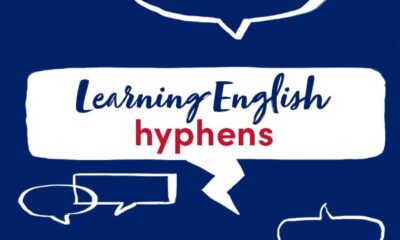Bon appétit, bon voyage, bonne chance… French is a language full of phrases to wish others well, so much so that we often borrow some of these French phrases to use in everyday English! Whether you want to mark a special occasion, offer your congratulations, or simply wish someone all the best, you need to know what to say in conversations with French-speaking friends. In this edition of our blog, we’re going to cover some of the most useful phrases for wishing others well.
Among some of the French phrases you might already know from English, you might have noticed that they mostly use the same construction. This common construction is the adjective bon/bonne/bons/bonnes followed by a noun.
Let’s take a look at some examples of this in action:
- Bonne journée / soirée / nuit ! Have a good day / evening / night!
While bonjour and bonsoir are greetings, the phrases above would always be used when departing or saying farewell to someone. Make sure you use each one of these phrases at the right time of day. You would start using bonne soirée from around 6pm onwards, and bonne nuit is usually only used if someone is heading off to bed.
- Bonnes vacances ! Have a lovely holiday!
Note here how the word bonnes is plural with an ‘s’ on the end. However, the pronunciation of this plural form does not change in comparison to the singular bonne.
- Bon week-end ! Have a nice weekend!
You’re very likely to hear this in spoken French, but you might also hear the phrase bonne fin de semaine, and there’s an interesting difference to highlight between the two. The word week-end in France almost always means Saturday and Sunday; by contrast, fin de semaine usually refers to Friday, since it’s considered the last day of the working week.
The same types of phrases could refer to an event or experience, for example:
- Bon appétit ! Enjoy your meal!
- Bon séjour ! Enjoy your stay!
- Bon voyage ! Have a good trip!
- Bonne année ! Happy New Year!
- Bon anniversaire ! Happy Birthday!
While we’re on the topic of using adjectives for well-wishing phrases, it’s also handy to know that you can sometimes use joyeux in the same way as bon. For example:
- Joyeux Noël ! Merry Christmas!
- Joyeux anniversaire ! Happy Birthday!
Of course, there are also ways to wish people well which don’t include adjectives. Instead, you can conjugate verbs alongside the adverb bien.
- Amuse-toi bien! / Amusez-vous bien ! Enjoy yourself / yourselves!
- Profites-en bien. Make the most of it.
- Dors bien! / Dormez bien ! Sleep well!
While bon changes in spelling according to the grammatical gender and number of the following noun, the spelling of bien doesn’t vary.
To send you off, we’ll look at a couple of phrases that involve luck. If you’re wishing someone luck, for example if they’ve got a French exam tomorrow, you can say:
- Bonne chance ! Good luck!
- Bon courage. Good luck. (You can also just say courage on its own if you’re speaking to someone informally.)
With all of the well-wishing phrases we’ve covered, it’s important to include some phrases you might want to say in reply. So if someone wishes you bonne soirée, you might want to say:
- À toi aussi ! You too!
- À vous aussi ! / Vous de même ! You too! (formal and/or plural)
Next time you’re in France, why not practise a few of these phrases on the people you meet?
We wish you the best of luck with your language learning and hope that our blog has helped you clear up what you need to know when it comes to well-wishing!
Written by Holly Tarbet, freelance copywriter and editor.
All opinions expressed on this blog are those of the individual writers, and do not necessarily reflect the opinions or policies of Collins, or its parent company, HarperCollins.



